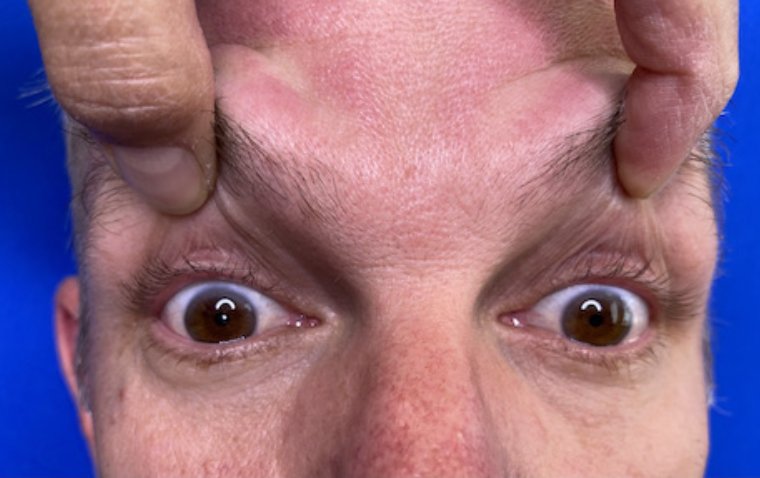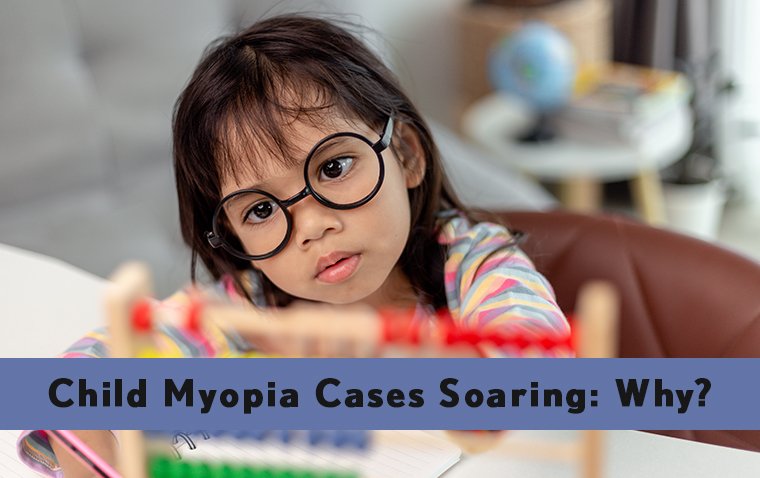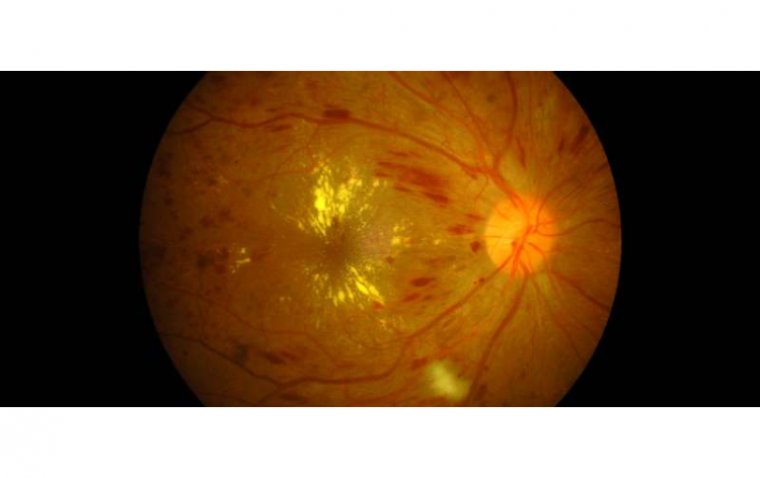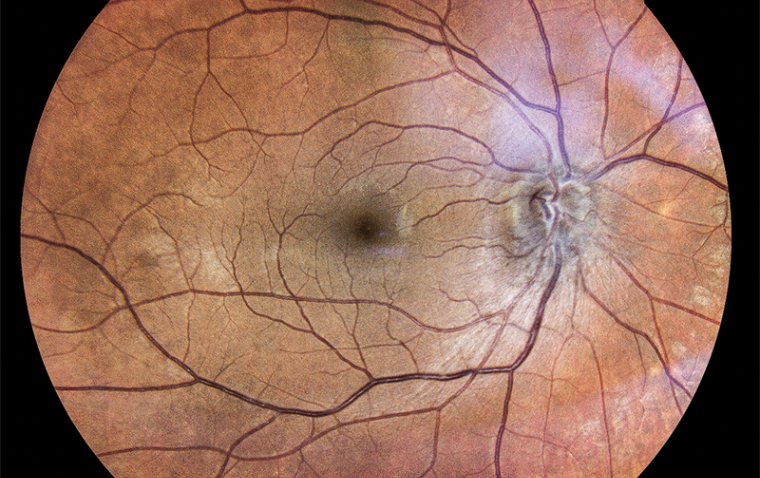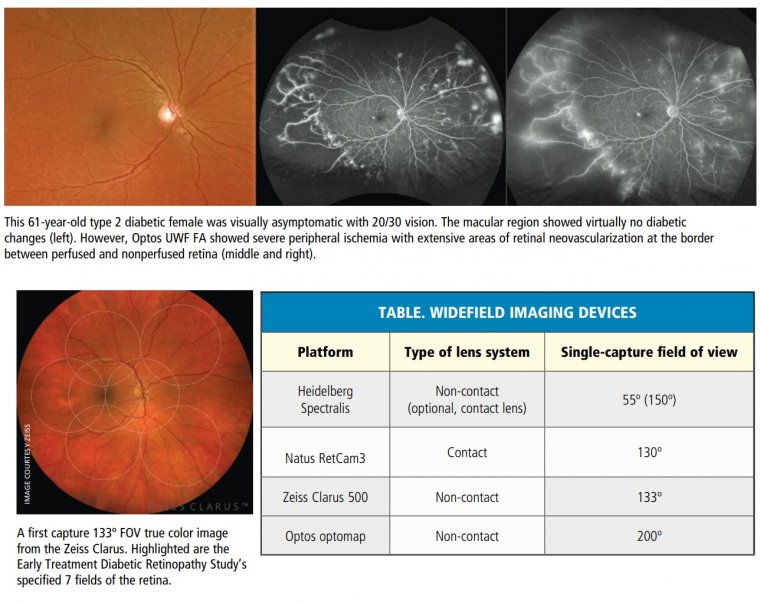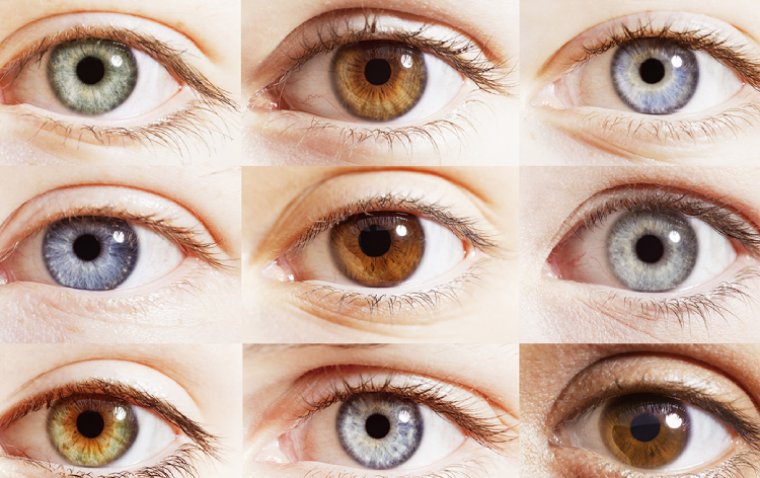Can People with Cortical Blindness Have Schizophrenia?
Blindness and schizophrenia are two distinct conditions that, at first glance, may seem unrelated. However, emerging research indicates a fascinating and complex relationship between the two, suggesting that congenital or early-life blindness may significantly reduce the risk of developing schizophrenia. This article explores the link between blindness and schizophrenia, delving into the possible explanations and implications of this connection.
Understanding Schizophrenia and Blindness
Schizophrenia is a chronic and severe mental disorder that affects how a person thinks, feels, and behaves. It is characterized by episodes of psychosis, including delusions and hallucinations, and can significantly impair daily functioning.
Blindness refers to a lack of vision that cannot be corrected by usual means such as glasses or contact lenses. Blindness can be congenital (present at birth) or acquired later in life due to various causes such as injury or disease.
Study Uncovers Link Between Blindness and Schizophrenia
A whole-population study indicates that individuals with congenital or early-onset blindness may have a lower risk of developing schizophrenia. In the comprehensive study analyzing a cohort of 467,945 children born in Western Australia from 1980 to 2001, we investigated the prevalence of schizophrenia and psychotic illnesses among those with congenital or early-onset blindness. Out of the entire cohort, 1,870 children (0.4%) were diagnosed with schizophrenia, and 9,120 (1.9%) were diagnosed with a psychotic illness.
Notably, among the 66 children who suffered from cortical blindness, none were diagnosed with schizophrenia or any psychotic illness. In contrast, out of 613 children with peripheral blindness, eight were found to have a psychotic illness other than schizophrenia, and an even smaller number were diagnosed with schizophrenia. These findings corroborate earlier small-scale studies suggesting that congenital or early-onset cortical blindness, but not peripheral blindness, may offer a protective effect against schizophrenia.
Possible Explanations
Several theories have been proposed to explain the reduced risk of schizophrenia in blind individuals:
1. Sensory Compensation: Blindness leads to the enhancement of other sensory modalities, such as hearing and touch. This heightened sensory processing may somehow contribute to resilience against schizophrenia’s sensory and cognitive distortions.
2. Neural Plasticity: The brain’s ability to reorganize itself, especially in response to blindness, might play a role. The significant neural adaptations that occur in the absence of visual input might interfere with the pathological processes that lead to schizophrenia.
3. Social and Environmental Factors: Some researchers suggest that the social and environmental interactions of blind individuals, including potentially more structured lives and support systems, could influence the lower incidence of schizophrenia.
4. Genetic and Biological Factors: There may be genetic or biological factors at play that are yet to be fully understood. The genetic mutations or developmental pathways leading to congenital blindness could also offer protection against the development of schizophrenia.
Implications and Future Research
The relationship between blindness and a reduced risk of schizophrenia opens new avenues for understanding the neurodevelopmental and sensory processing factors involved in schizophrenia. It suggests that studying how blindness affects brain development and function could provide valuable insights into the mechanisms underlying schizophrenia. Future research could focus on identifying specific neural, genetic, and environmental factors that contribute to this protective effect. Such knowledge could pave the way for novel therapeutic approaches that mimic or harness these protective mechanisms in preventing or treating schizophrenia.
Conclusion
The intriguing link between blindness and a reduced risk of schizophrenia underscores the complexity of the human brain and mental health disorders. While blindness presents its own set of challenges, the apparent protective effect against schizophrenia highlights the importance of sensory experiences and neural plasticity in mental health. Continued research in this area is essential for unraveling the mysteries of schizophrenia and finding effective ways to prevent and treat this debilitating condition.
Reference
https://www.sciencedirect.com/science/article/abs/pii/S0920996418304055?via%3Dihub
(1).jpg)

